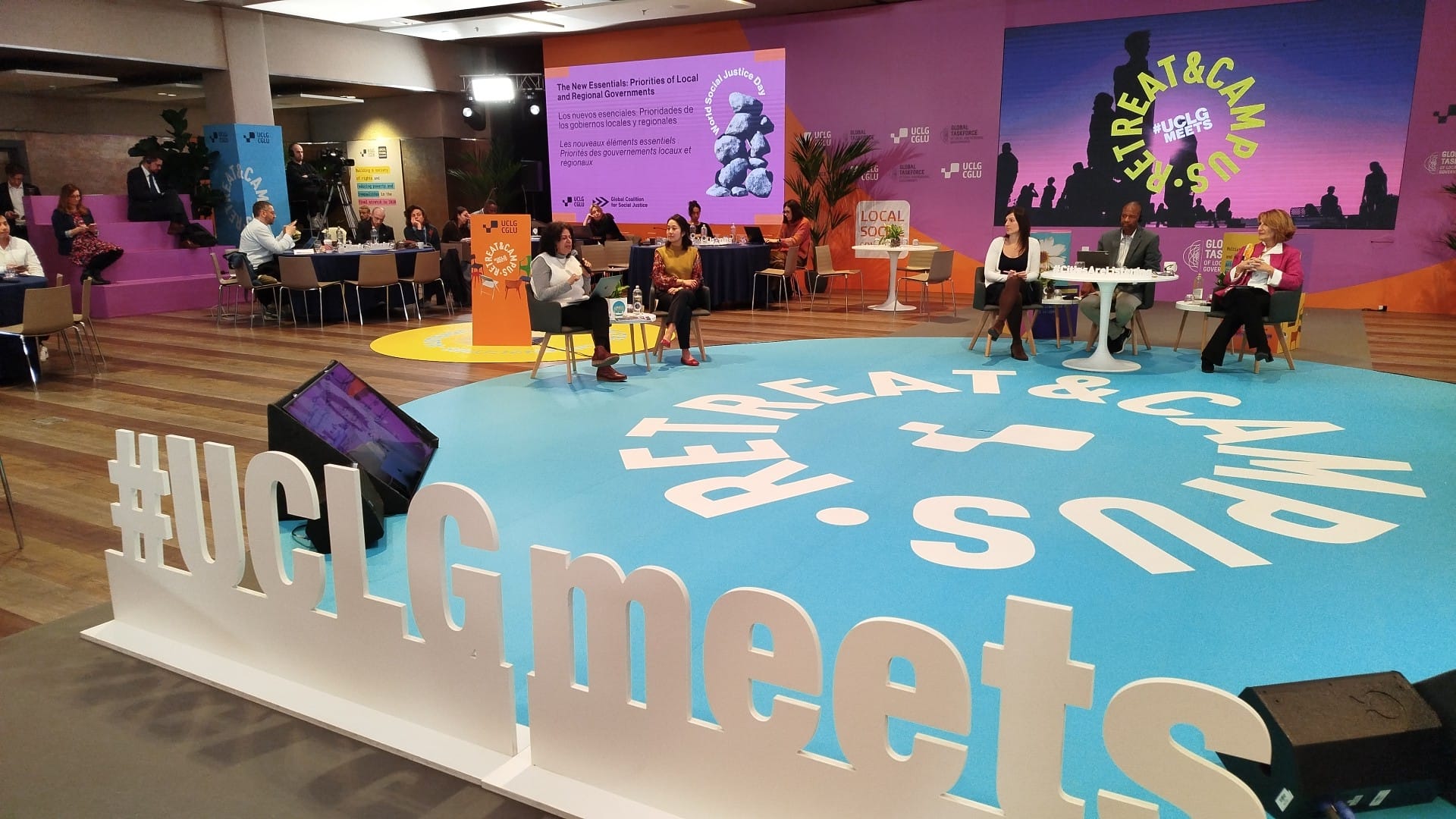In Latin and Central America there is a tradition of collective and community-based economies that come from ancient cultures, which RIPESS-LAC and its member organizations have recovered and promoted among others through campaigns, promoting public policies that contribute to development, respond to needs, build capacity and develop a new economy.
It is in this sense that RIPESS LAC and one of its members of Peru, the GRESP, as well as other networks, is promoting the ESS Global Curriculum Campaign, based on core of socio-economic principles and sustainable practices that are relevant worldwide, and that each national curriculum can adapt to the different needs that arise in the territories on the diversity of cultures and existing practices. A curriculum that lays the foundation for solidarity processes in a fair and equitable economy capable of eradicating the material and spiritual poverty as evidenced by thousands of experiences in the world of food sovereignty, with production without pesticides in addition to a healthy and responsible power generating links with the respectful nature of the land, the ecosystem in general and climate change in particular.
We see education as a pillar of life and development, and in this sense the Global Curriculum Social Solidarity Economy based learning ensures ethical consumption practices in ways of organizing work through shared and democratic decisions with equal distribution of results. It promotes awareness of renewable energy, values gender equality at the center of the economy and the development of cities and communities from the economic downturn.
This campaign doesn’t start from scratch and there is a long way for countries and important initiatives, many of them recognized and supported by UNESCO in the context of Education for Global Citizenship as the “Global Curriculum” (2010-2012) project aimed three European organizations, one Brazilian and one of Benin, Africa, which brought together educators from Austria, Benin, Brazil, the Czech Republic and the United Kingdom in the preparation of five manuals do Curriculum Global (2) – one for each country. In the same direction,… see more details in the document of the campaign-
The campaign will be implemented by a multi coordination of educators and researchers activists from different countries, according to the ones who will adhere to it.
On November 30, 2016, the first virtual communication was held on Skype platform Notes. The second meeting was on February 16, 2017 in the Spanish language by webinar Notes , and in February 17, 2017 in the English language. A face-to-face meeting will be held during 2 days in Brazil, Rio de Janeiro, at the headquarters of CECIP, Popular Image Creation Center, on March 17-18, 2017 with the objective of discussing future strategies.
On 22 August 2017 the Campaign for a Global Curriculum for Solidarity Social Economy will be at the First International Congress on Cooperativism and Social Economy Solidarity, and the IX Meeting of the National Network of Researchers and Educators in Cooperativism and Solidarity Economy (Redcoop) Which was included in the activities of CLACSO and its 50th anniversary, will be in the Faculty of Economics BUAP in Puebla, Mexico.Redcoop
We will continue to report on this process and invite the professionals to join forces to promote and visualize exchange processes for the debate of public policies in education for a Social and Solidarity Economy.






Leave A Comment